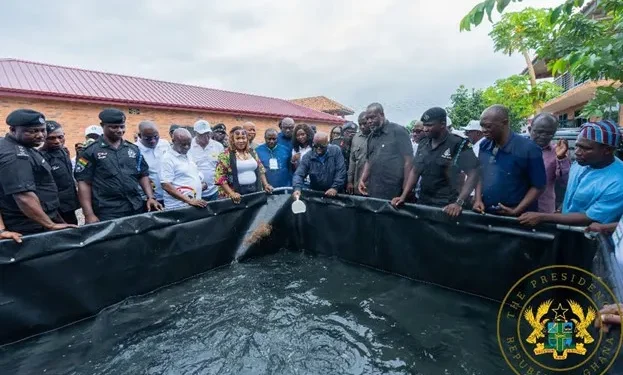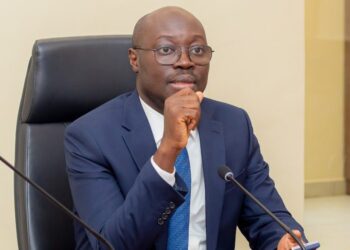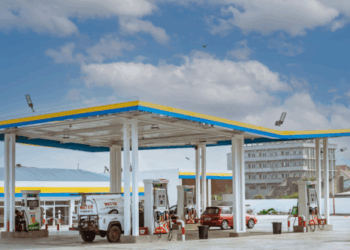In a groundbreaking event held last week at Nsuaem in the Central Region, President Nana Addo Dankwa Akufo-Addo unveiled the Aquaculture for Food and Jobs Programme.
This initiative is a testament to the government’s commitment to sustainable development, food security, and job creation.
It marks a significant milestone in the nation’s agricultural sector, aiming to harness Ghana’s abundant water resources to provide sustainable livelihoods and enhance nutritional standards.
President Akufo-Addo emphasized the immense potential of aquaculture, stating that the sector is a critical component of the global food system. Aquaculture currently provides nearly half of the world’s fish supply, a figure that continues to grow as wild fish stocks diminish due to overfishing and environmental changes.
In Ghana, fish is a dietary staple, significantly contributing to the nation’s nutritional intake. However, the domestic supply falls short of the demand, resulting in substantial imports that strain the country’s foreign exchange reserves.
In 2022, Ghana’s fish requirement stood at 1.31 million metric tonnes, while domestic production was only 657,000 tonnes. This shortfall necessitated the importation of 650,000 tonnes of fish, costing US$311 million.
The Aquaculture for Food and Jobs Programme aims to bridge this gap by boosting local fish production, thereby reducing dependence on imports, conserving foreign exchange, and ensuring the availability of fresh, domestically-produced fish.
The programme’s impact extends beyond increasing fish production. It is poised to transform lives by creating thousands of jobs, particularly for the youth and women.
The initiative will provide training and support to aspiring fish farmers, equipping them with the skills and resources necessary for success.
It will also foster a network of fish farms across the country, enhancing Ghana’s capacity to meet the growing demand for fish and stimulating the development of related industries such as fish feed production, processing, and marketing.
By making fish more accessible and affordable, the programme will combat malnutrition and improve public health. Fish is a rich source of essential nutrients, and increasing its availability will significantly contribute to the nation’s nutritional standards.
This initiative is not only an economic driver but also a vital component in the fight against malnutrition.
The programme is being launched in partnership with R&B Farms Ltd., the largest inland fish farm in Ghana, operating on 26 hectares of land in Gomoa Central. Under this project, the government aims to train 10,000 youth in small-scale fish farming.
The ripple effect of this initiative is expected to generate an additional 50,000 jobs along the aquaculture value chain, encompassing fish feed production, equipment supply, fish processing, marketing, and distribution.
President Akufo-Addo called on private investors to seize the opportunities presented by this programme, highlighting the substantial market for fish and fish products.
With the right investments, the aquaculture sector can be transformed into a major economic driver. Research institutions and universities will play a crucial role in providing the knowledge and technological innovations needed to enhance productivity and sustainability.
Acknowledging the efforts of the Minister for Fisheries and Aquaculture Development, Mavis Hawa Koomson, President Akufo-Addo praised her dedication and hands-on approach.
Her leadership has been instrumental in developing this project and implementing decisive initiatives such as the annual close season for fishing, which has restored fish stocks and promoted aquaculture as a viable economic sector.
Under this programme, the government will provide youth with training and skills development in fish farming. They will receive tarpaulin cages, fingerlings, and fish feed as seed capital, enabling them to start profitable fish farming businesses within six months.
The launch of the Aquaculture for Food and Jobs Programme signifies a bold step towards a brighter future for Ghanaian youth and women. It aims to meet fish consumption needs, reduce import dependency, and provide meaningful employment.
President Akufo-Addo extended his gratitude to all partners, stakeholders, and dedicated teams working to make this project a reality, emphasizing the importance of collaboration in revolutionizing aquaculture in Ghana.
President Akufo-Addo called on all Ghanaians to support this initiative, which promises to build a stronger, healthier, and more prosperous nation.










Discussion about this post